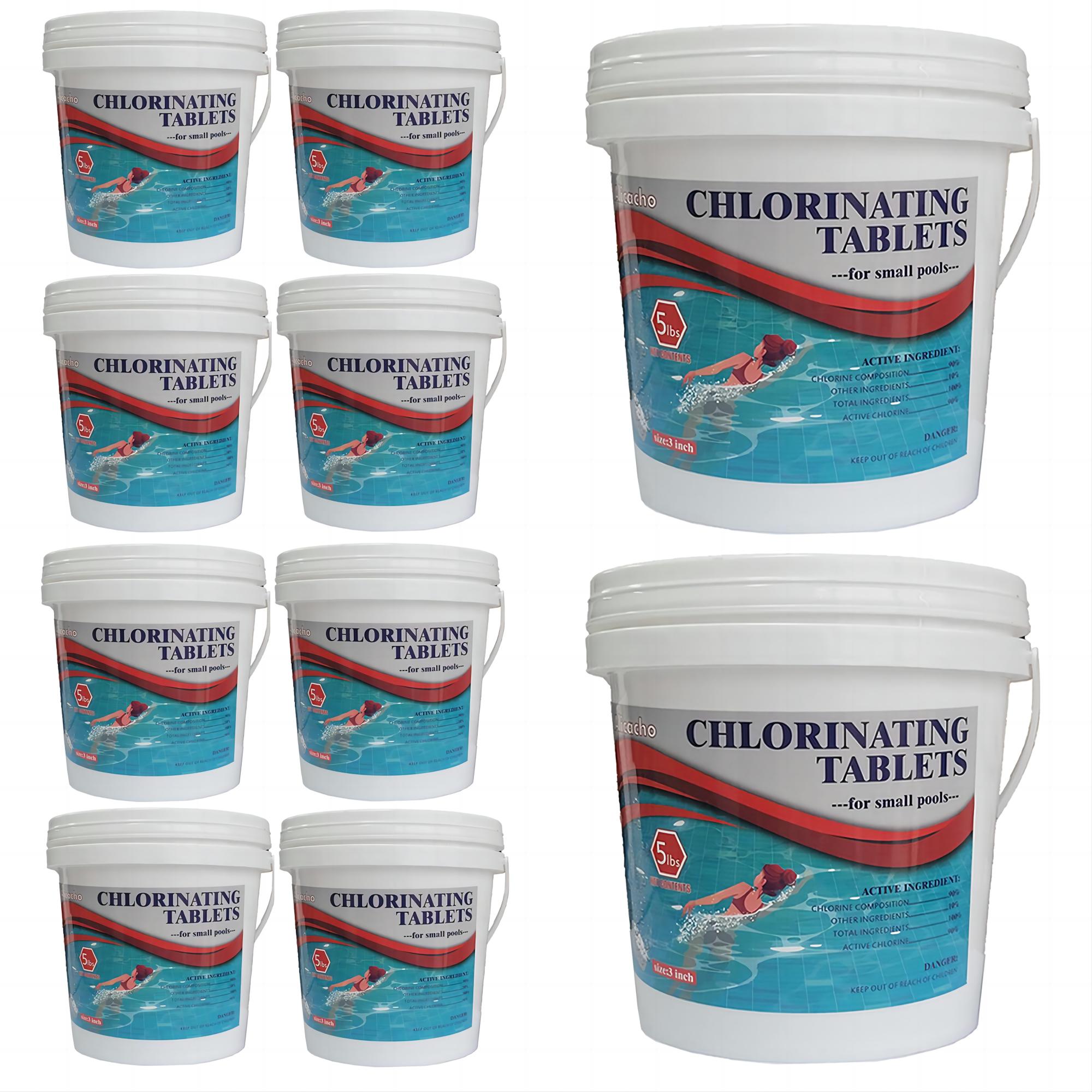Chlorine is a commonly used disinfectant in many swimming pools and water treatment applications. However, a frequently asked question is whether chlorine granules raise or lower the pH of water. This article aims to provide a comprehensive analysis of this issue, offering crucial insights into how chlorine affects water pH and strategies for pH level management.
Chlorine's Role and Types
Chlorine is a vital disinfectant used to eliminate bacteria and harmful microorganisms in water, ensuring water safety. Chlorine exists in various forms, including liquid chlorine, chlorine granules, chlorine tablets, dichlor, and trichlor, each with unique characteristics. The effect of chlorine granules on water pH is not straightforward and depends on the specific chlorine product used and the initial conditions of the water.
Dichlor and Chlorine Granules: Dichlor and chlorine granules are typically neutral, with a pH value of approximately 7. This means that initially, when added to water, they are unlikely to cause significant pH changes. However, because they are still a form of chlorine, over time, they may gradually lower the water's pH, making it slightly acidic.
Trichlor: In contrast to dichlor, trichlor is highly acidic, usually with a pH value between 2.5 and 3. Consequently, using trichlor can substantially lower water pH, making it more acidic. In some cases, this acidity is intentional, especially when dealing with pools or water bodies with very high pH and alkalinity levels.
Maintaining the Ideal pH Range
Maintaining the ideal pH range is critical in swimming pool and water treatment. Generally, the ideal pH range for water is between 7.2 and 7.8. This slightly alkaline range ensures that chlorine remains effective as a disinfectant while minimizing corrosion and ensuring the comfort of swimmers.
pH Level Management
To regulate water pH effectively, consider the following measures:
pH Testing: Regularly measure water pH using pH testing tools to ensure it stays within the ideal range.
pH Adjusting Agents: Use pH adjusting agents, such as alkalinity increasers (to raise pH) or pH decreasers (to lower pH), as needed to maintain the desired pH level.
Professional Advice: Consult professional water maintenance services for expert advice on pH level adjustment and water quality management.
Conclusion
In conclusion, the impact of chlorine granules on water pH varies depending on the chlorine product used. Dichlor and chlorine granules are typically neutral but may gradually lower pH over time. In contrast, trichlor is highly acidic and can significantly lower pH levels. Therefore, maintaining the ideal pH range is crucial for water safety and quality in pool and water treatment applications. Regular pH testing and necessary adjustments are essential to ensure water remains within the desired pH range, enhancing the overall water quality and safety.



